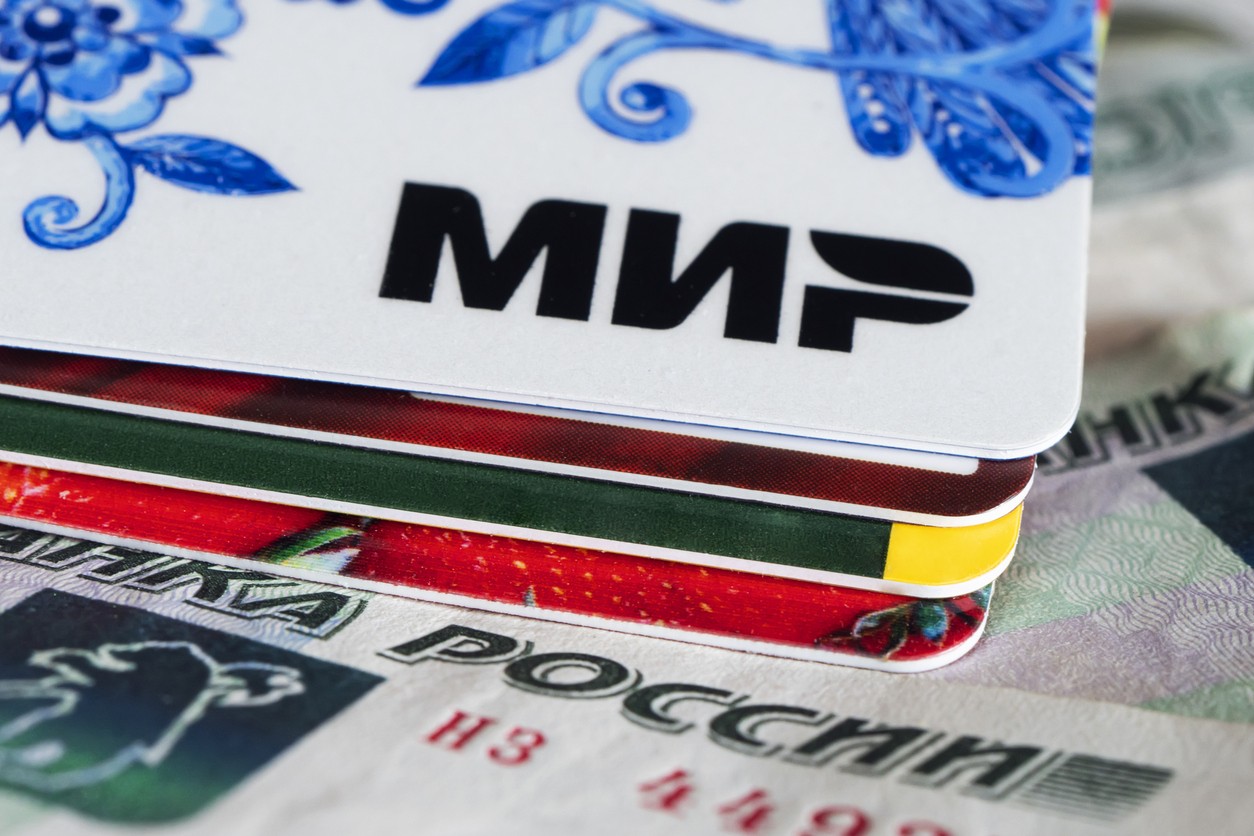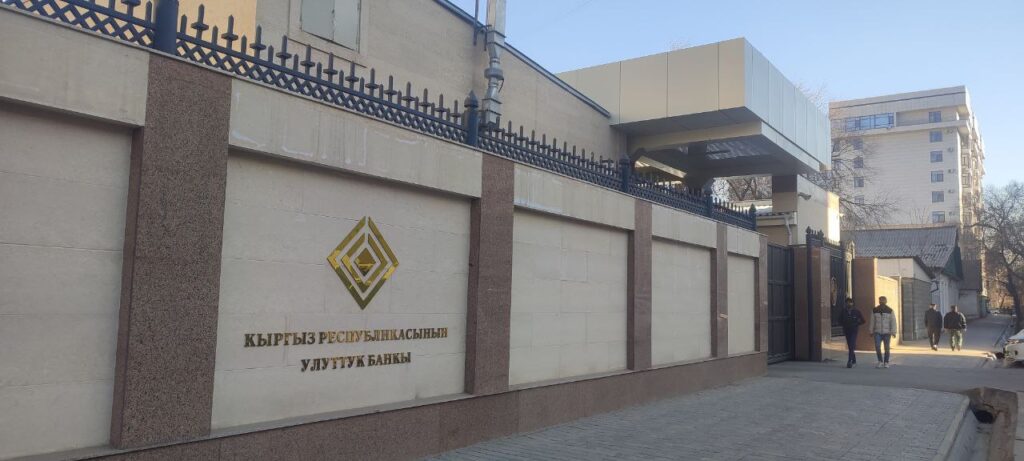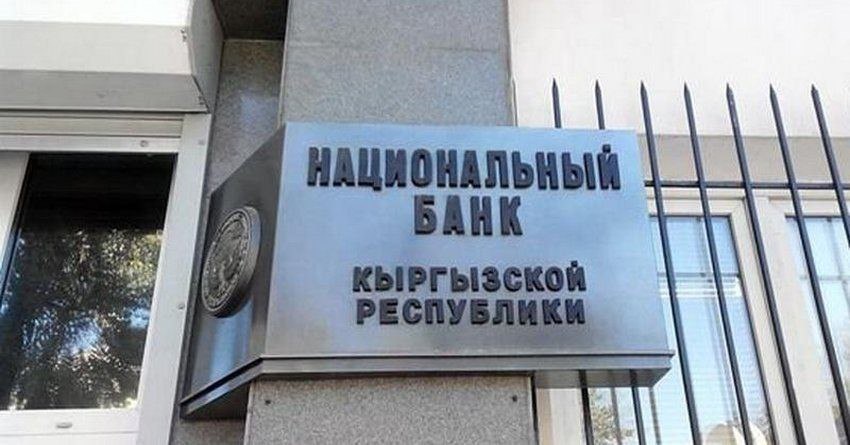Kyrgyzstan’s Interbank Processing Center (IPC) reports that on April 5 it will stop servicing the Russian payment system ‘MIR’. The decision was made “to minimize the risk of secondary sanctions.”
Interbank is a Kyrgyz company that services the national payment system, called ElCard. In 2019 Interbank entered into a partnership with MIR, so that citizens of both countries could pay with their domestic bank cards while in either Russia or Kyrgyzstan.
On February 23 the U.S. Department of the Treasury’s Office of Foreign Assets Control (OFAC), which is responsible for controlling foreign assets that involve U.S. dollars and/or the U.S. banking system, imposed sanctions on Russia’s MIR.
Earlier, the National Bank of the Kyrgyz Republic told The Times of Central Asia that it doesn’t interfere in the activities of commercial banks in Kyrgyzstan, but only monitors compliance with the country’s legislation on combating the financing of terrorist activities and laundering of criminal proceeds. Therefore, Kyrgyz banks can independently decide whether or not to work with the Russian payment system.
Kyrgyz banks that have accounts with western financial organizations ceased working with the MIR system in 2022, after Russia’s full-scale invasion of Ukraine. After ElCard severed its ties with the Russians, all financial organizations in Kyrgyzstan also stopped accepting MIR cards.
This decision has hit Kyrgyz citizens in Russia as well, because Russian ATMs and POS terminals have stopped accepting their ElCards. But, as the Kyrgyz National Bank has explained, this decision will not affect international transfers. “It should be noted that the possibility of money transfers from the Kyrgyz Republic to the Russian Federation and vice versa with the use of mobile applications of commercial banks in the presence of direct contractual relations between Kyrgyz and Russian commercial banks, as well as through money transfer systems without opening an account, will remain,” Kyrgyzstan’s financial regulator writes on its website.
Banks in several other Central Asian countries have refused to cooperate with MIR, also for fear of falling under U.S. sanctions. Since February 27 banks in Kazakhstan have stopped servicing MIR cards. At the same time, the Central Bank of Kazakhstan emphasizes that each Kazakh bank makes this decision independently. “Our position is as follows: we as a first-tier bank do not interfere in the operating system of second-tier banks… It is their commercial interests, economic expediency. They calculate their own risks and benefits by having compliance services,” said the Central Bank’s bank’s press service at the time.
Besides Kyrgyzstan and Kazakhstan, Armenia has refused to cooperate with the MIR system for the same reasons. And now Tajikistan — and even Moscow’s closest ally, Belarus — are distancing themselves from it. The national payment systems of these countries — Belarus’s Belkart and Tajikistan’s Korti Milli — had agreements with the Russians that are similar to MIR’s arrangement with the Kyrgyz.
Currently Uzbek banks do not accept the MIR payment system either, as the UZCARD processing center has suspended work with the Russian system.
In response, the Russian Central Bank has commented that it is now considering expanding its ATM network in the countries where MIR cards have been rejected.









